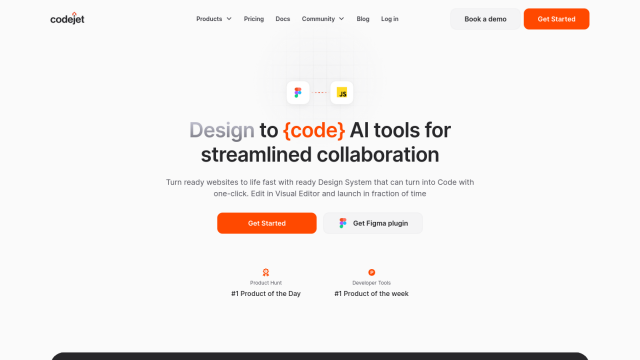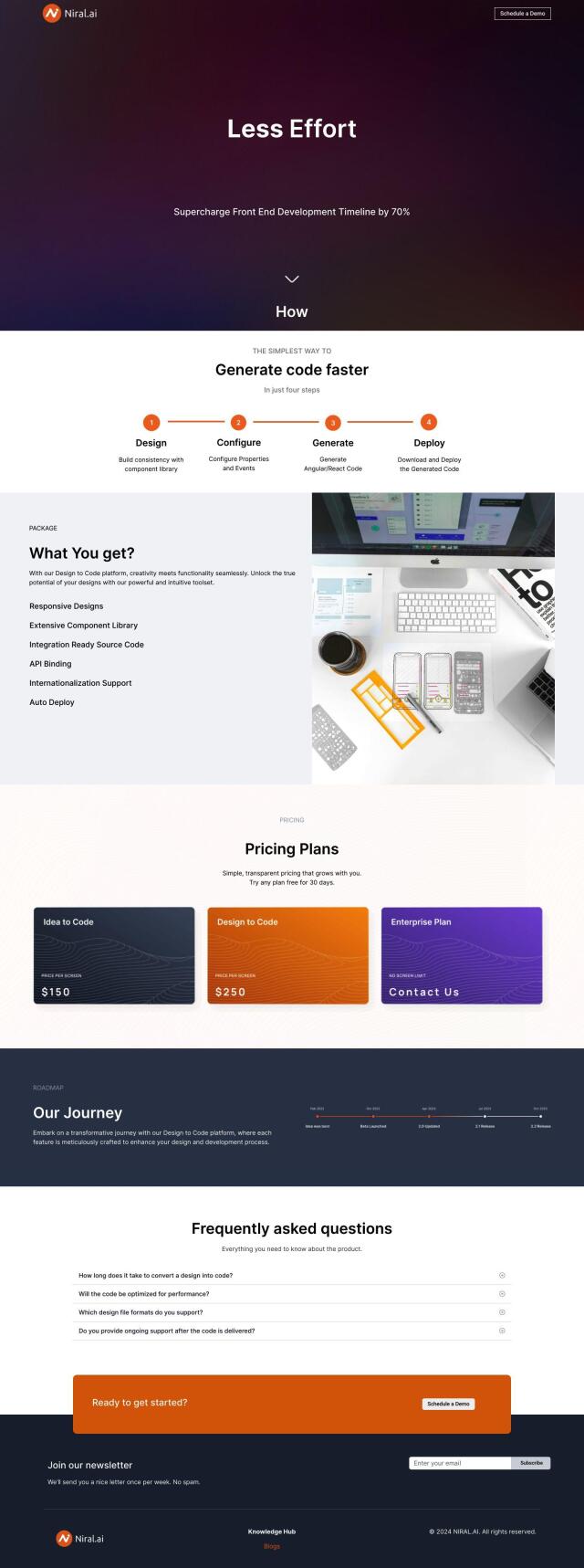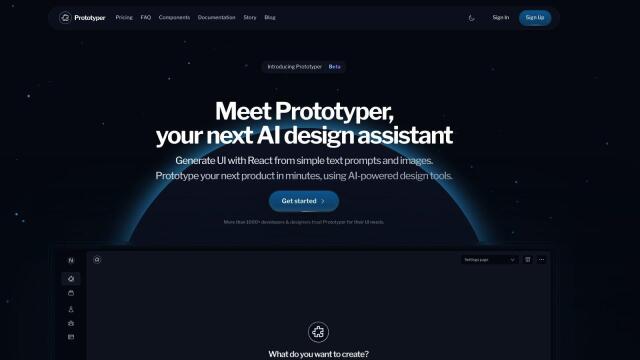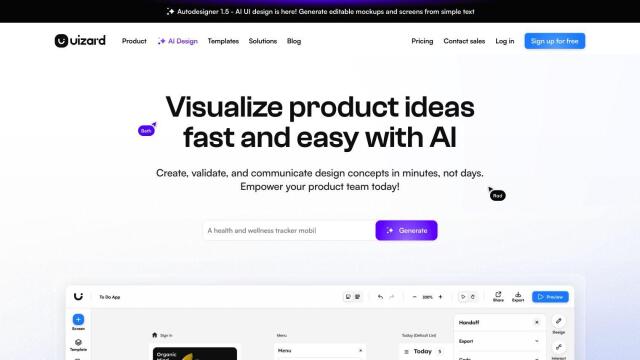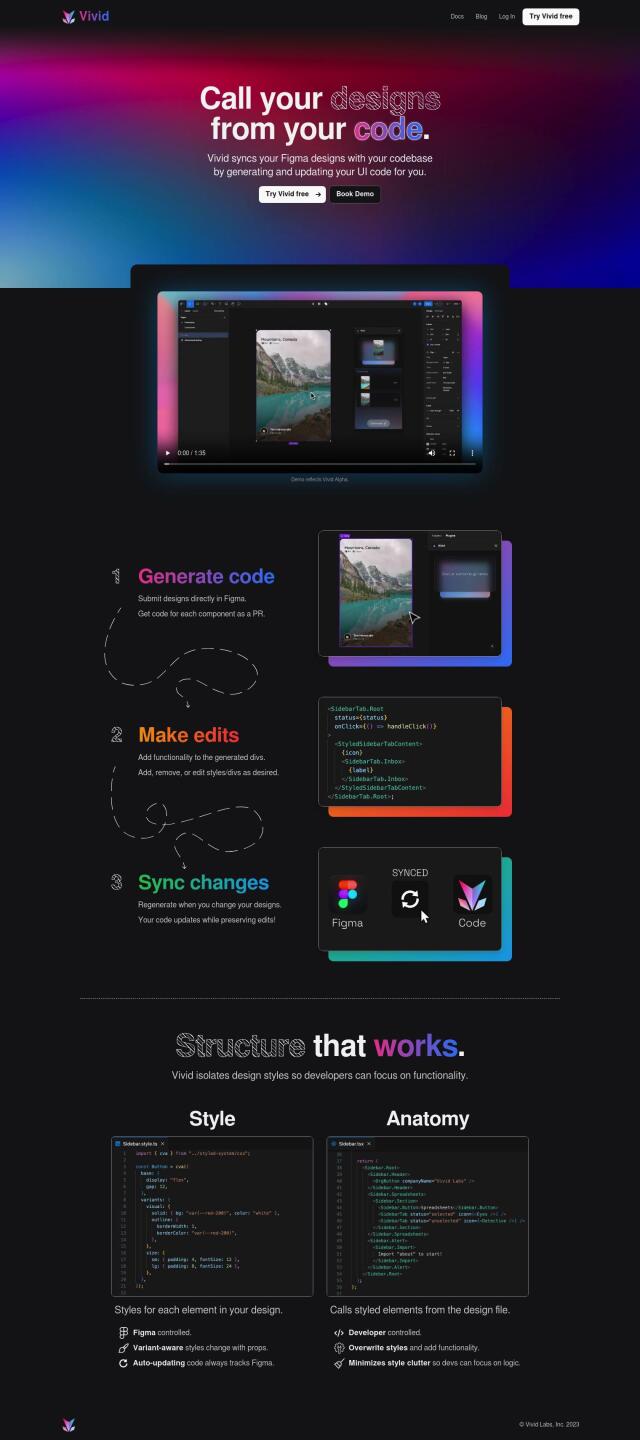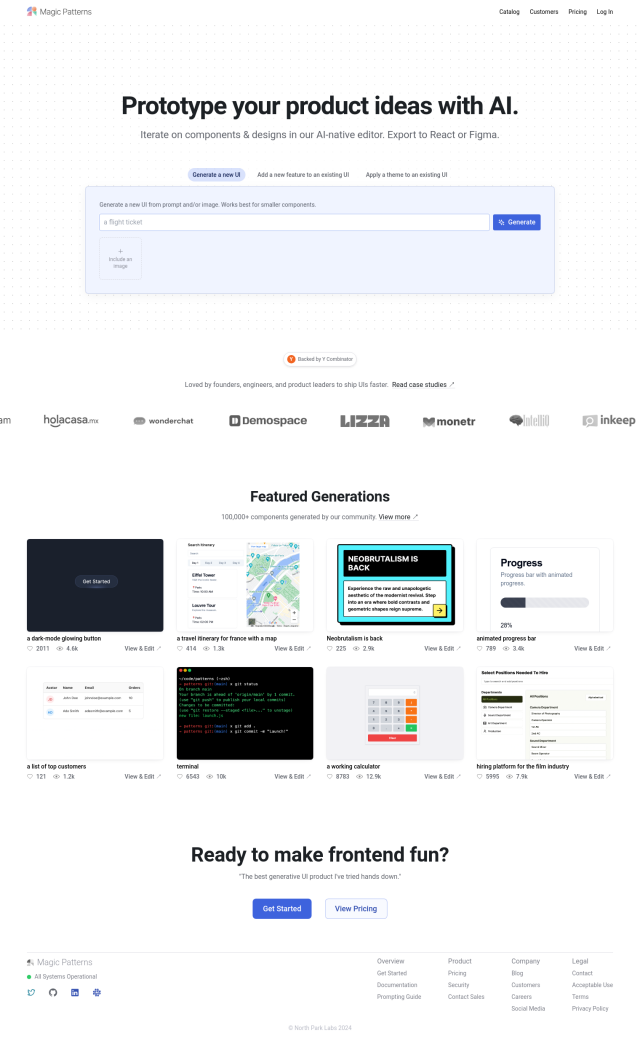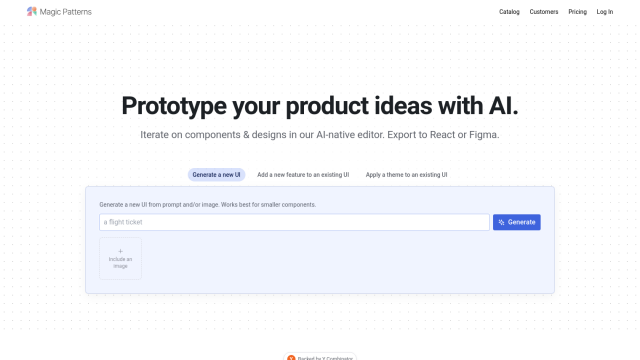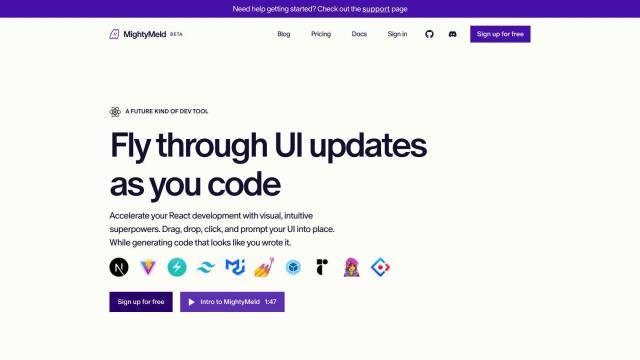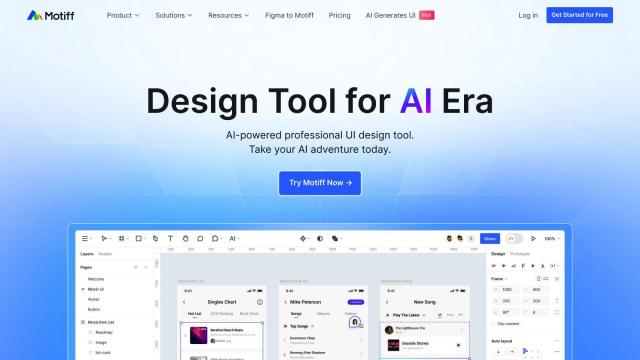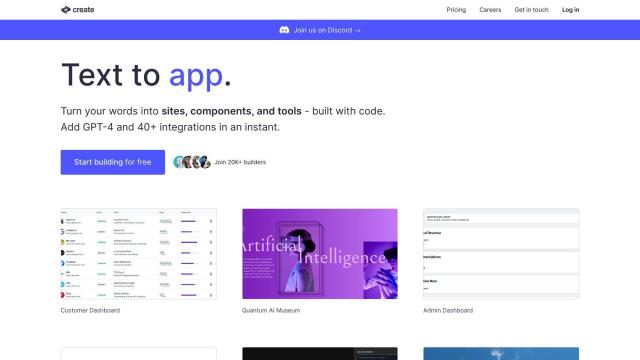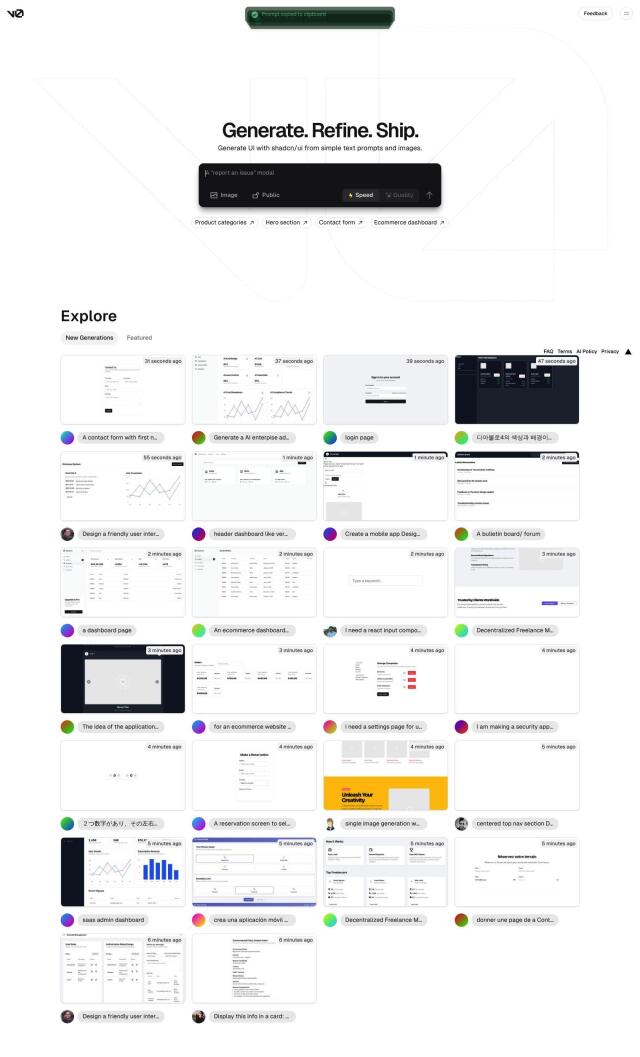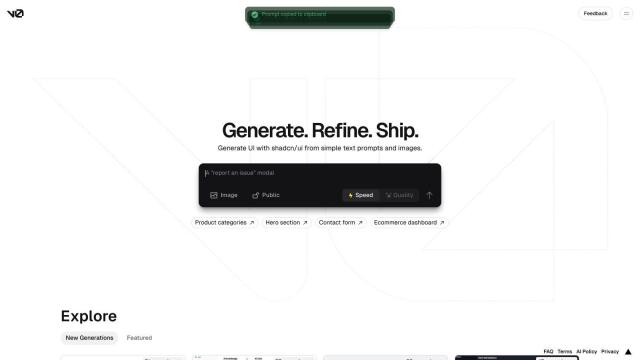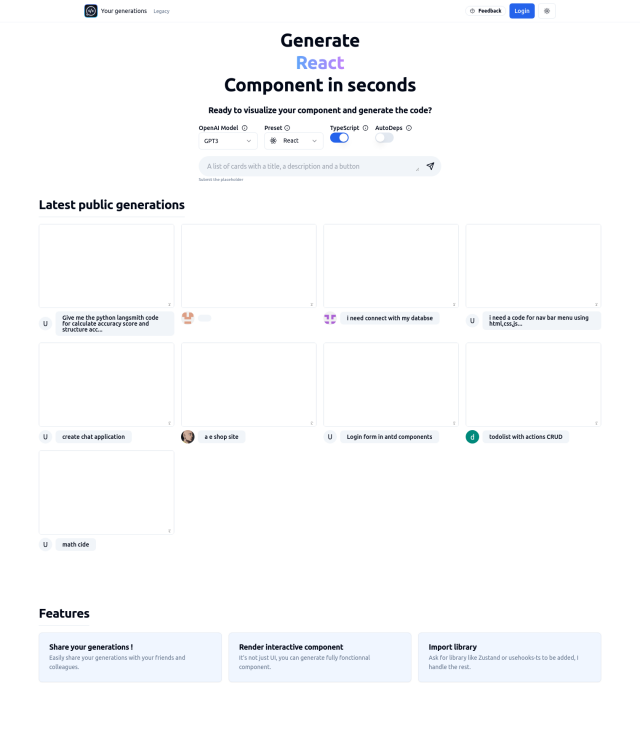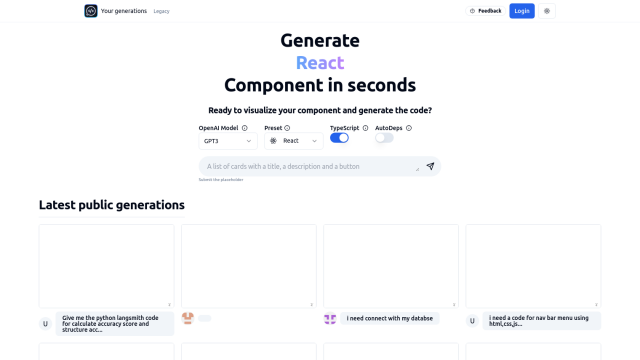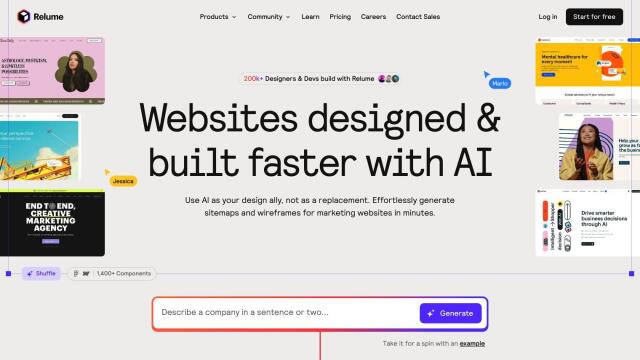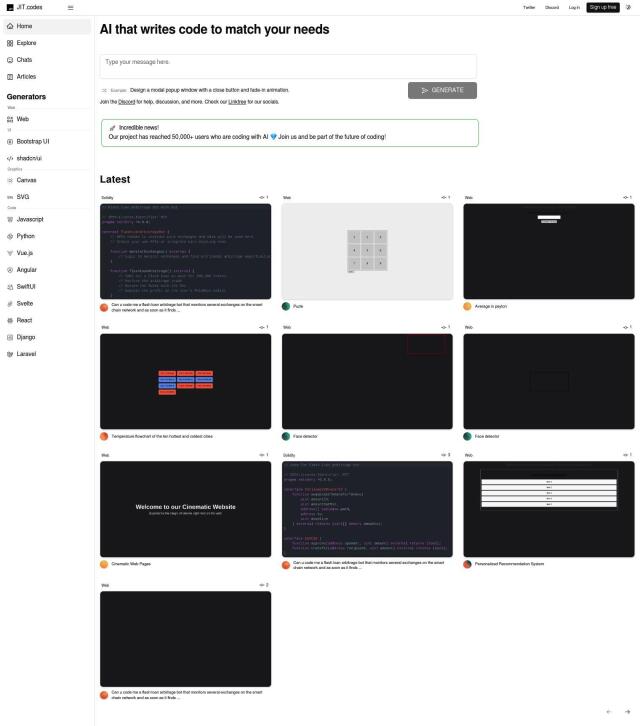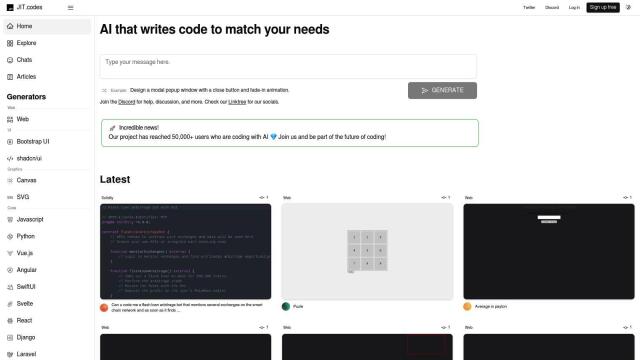Question: I'm looking for a solution that automates component generation and conditional logic for React development.

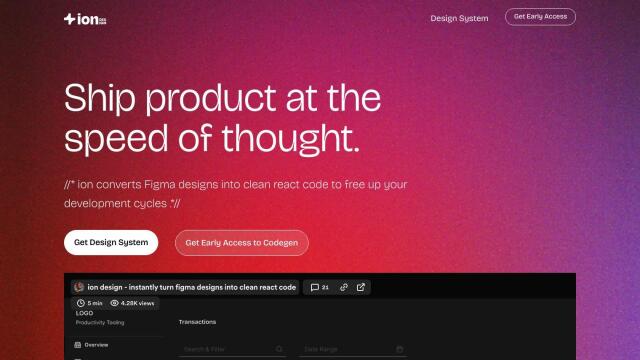
Ion
For automating component generation and conditional logic in React development, Ion is a top contender. It converts Figma designs into clean React code that matches your existing codebase and styles. Ion focuses on pixel-perfect code generation, multifile components that learn from existing code, and conditional logic and stub functions for complex component sets. That means developers can concentrate on design and architecture.


Bifrost
Another top contender is Bifrost, an AI-powered tool that converts Figma designs into clean, type-safe, and conditionally rendered React code. Bifrost supports popular frameworks like Tailwind and Chakra, and it generates entire component sets from Figma designs. The tool is designed to automate repetitive coding tasks and speed up development cycles, so it's a good fit for developers and designers working on high-impact features.
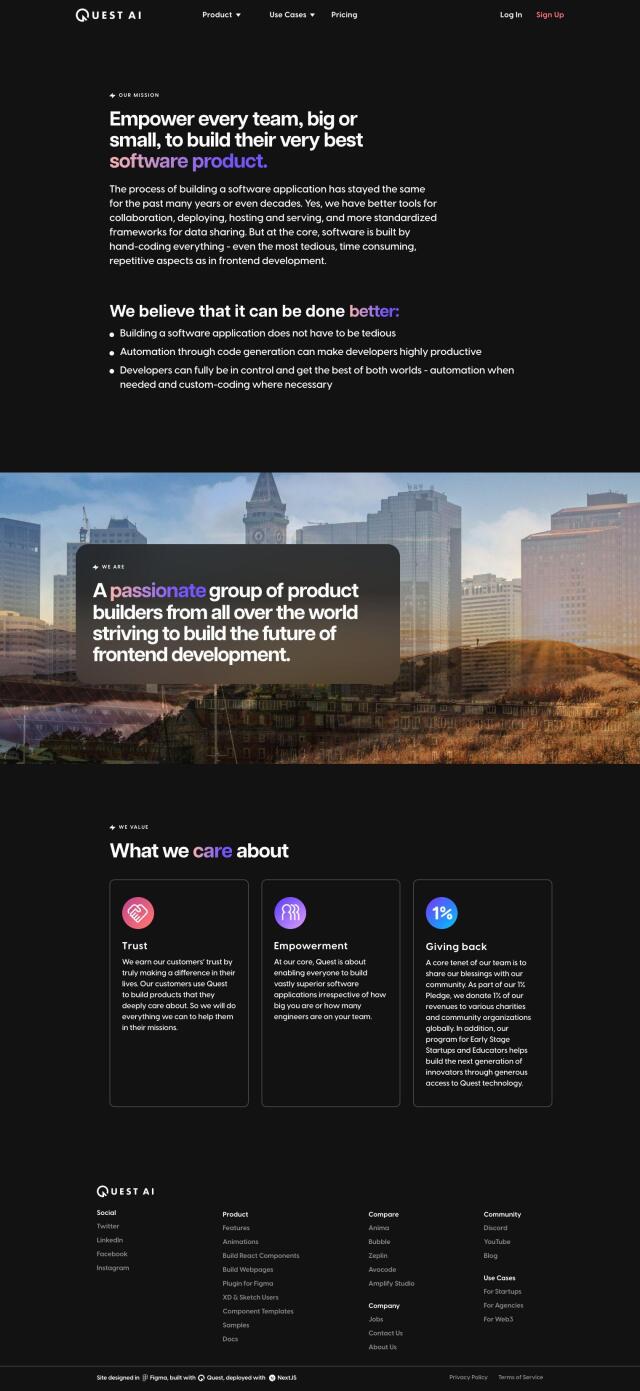

Quest
Quest is another contender, letting developers convert their Figma designs into React components. It automates the generation of responsive, multi-screen experiences with clean, modular code. Quest supports design systems and component libraries and offers a range of tools, including Figma to Code, Animation Library, and Version Control, so it's a good option for development teams.

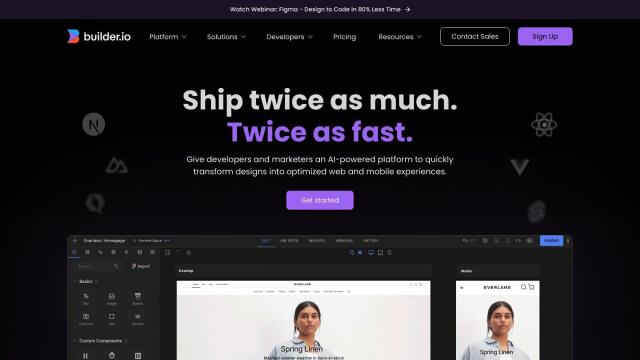
Builder.io
If you need a tool that works with real-time collaboration and multiple frameworks, Builder.io is worth a look. It uses AI to generate code from Figma designs and offers features like a Visual Copilot, a drag-and-drop visual editor, and support for React, Vue and Angular. Builder.io is designed to help teams collaborate better and build digital experiences faster, so it's a good choice if you want to speed up the design-to-code process.



